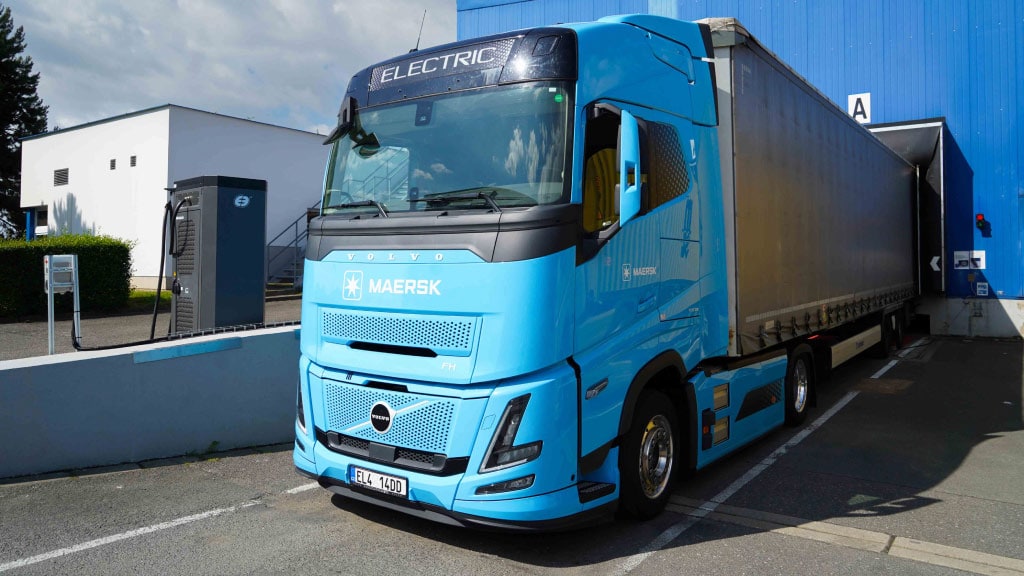In Czechia, a 36-kilometre route between Kimberly-Clark’s Jaromer plant and the Maersk warehouse in Dobřenice has become a symbol of what s possible when purpose driven collaboration meets operational ingenuity.
This route, chosen for its consistent delivery volume and frequency, aims to explore cost effective logistics solutions that contribute to reducing GHG emissions and enhancing supply chain resilience for Kimberly-Clark. However, the transition to electrification presented challenges.
See the full story here.
At first glance, moving from a diesel vehicle to an electric one didn’t look economically viable. The biggest learning from this project was that it required long-term planning.
Facing the challenge together
Initially, transitioning to electric transport wasn t cost effective. But instead of walking away, Kimberly-Clark and Maersk leaned in.
Together, we reimagined the model with not just tactical decisions, but also a shared commitment to adaptability and innovation.
It has always been clear to us that this pilot was not a standalone project. It’s the start of a longer-term strategy we have been building – a strategy to ensure cost efficiencies, lower GHG emissions and reduce waste.
Today, the BEV completes six round trips daily, contributing to an estimated reduction of 130 tonnes of CO₂e in 2025 compared to a diesel truck operating on the same route. This pilot has also provided operational insights and data to guide future electrification efforts.
The way ahead
The partnership is evolving, with plans to deploy a second truck and expand charging infrastructure. While this pilot is a step forward, it represents an ongoing journey toward decarbonisation, focusing on cost efficiency and resilience.
For Kimberly-Clark, this initiative supports readiness for future decarbonisation regulations. For Maersk, it represents progress in advancing logistics solutions that aim to provide a connected and more resilient FMCG supply chain to customers and explore new possibilities in freight transportation.
